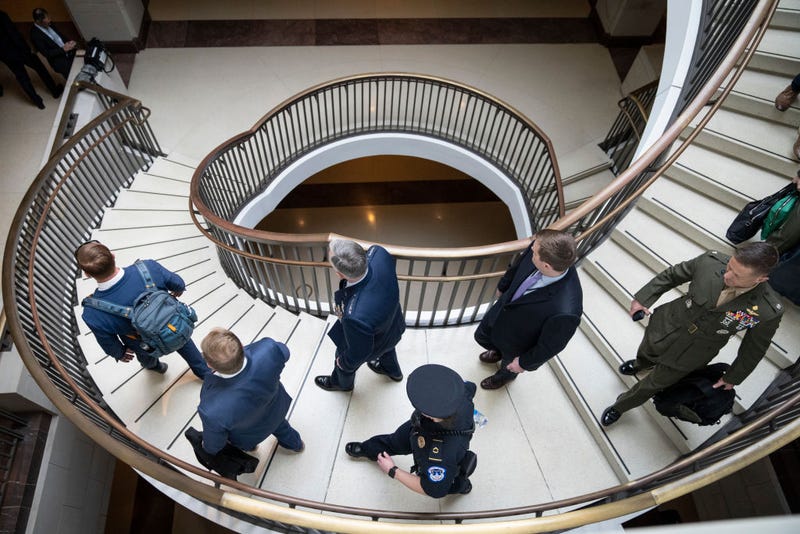
North American Aerospace Defense Command (NORAD) intercepted Russian aircraft for the second time in two days this Tuesday, according to a Thursday statement shared via Twitter.
It said that four Russian aircraft where detected, tracked, positively identified and ultimately intercepted while approaching the Alaska Air Defense Identification Zone (ADIZ). They included TU-95 BEAR-H, SU-30 fighter aircraft and SU-35 fighter aircraft.
“Russian aircraft remained in international airspace and did not enter American or Canadian sovereign space,” per NORAD. Furthermore, it said that Russian activity near the Alaska ADIZ and is common and not seen as a threat.
According to NORAD, Russia “resumed out of area Long Range Aviation activity in 2007” and since that time, NORAD has intercepted around six or seven military aircraft in the ADIZ. Some years there have been none and during others NORAD has intercepted up to 15.
In recent weeks, objects flying over the U.S. – including a Chinese spy balloon shot down by NORAD and an object shot down near Alaska – have made headlines. NORAD said that the Russian aircraft intercepted Tuesday is not related to the airborne objects over North America.
NORAD also intercepted four Russian aircraft Monday, said a statement also shared via Twitter.
When asked Thursday about debris from three identified objects recently shot down over he U.S., White House Press Secretary Karine Jean-Pierre said that it was still being collected. She also said that the intelligence community is considering “they could be tied to commercial or research entities and benign.”
Jean-Pierre also answered questions related to public opinion in the U.S. regarding support of Ukraine. Around one year ago, Russia began an invasion of the country, and the U.S. has sent billions in aid.
“A stable 65% of U.S. adults prefer that the United States support Ukraine in reclaiming its territory, even if that results in a prolonged conflict,” according to Gallup poll results released Feb. 6. This week, results of an Associated Press/NORC poll indicated that “Americans are about evenly divided on sending government funds directly to Ukraine, with 37% in favor and 38% opposed, with 23% saying neither.”
Earlier this month, the White House announced that President Joe Biden would visit Poland, located on Ukraine’s western border, from Feb. 20 to Feb. 22.
“Look, this is going to be the one-year – he’s going there ahead of the one-year anniversary and sending a strong message of solidarity,” said Jean-Pierre. “And – and the President understands – and to reaffirm – right? – our support for the Ukrainian people as they’re fighting back against a brutal war that Russia started almost a year ago.”


